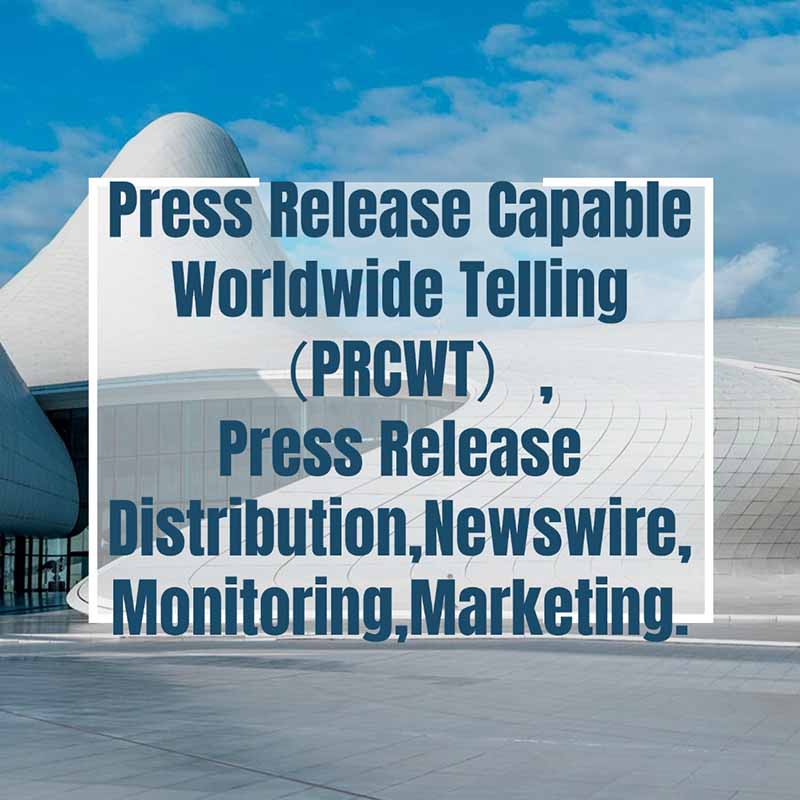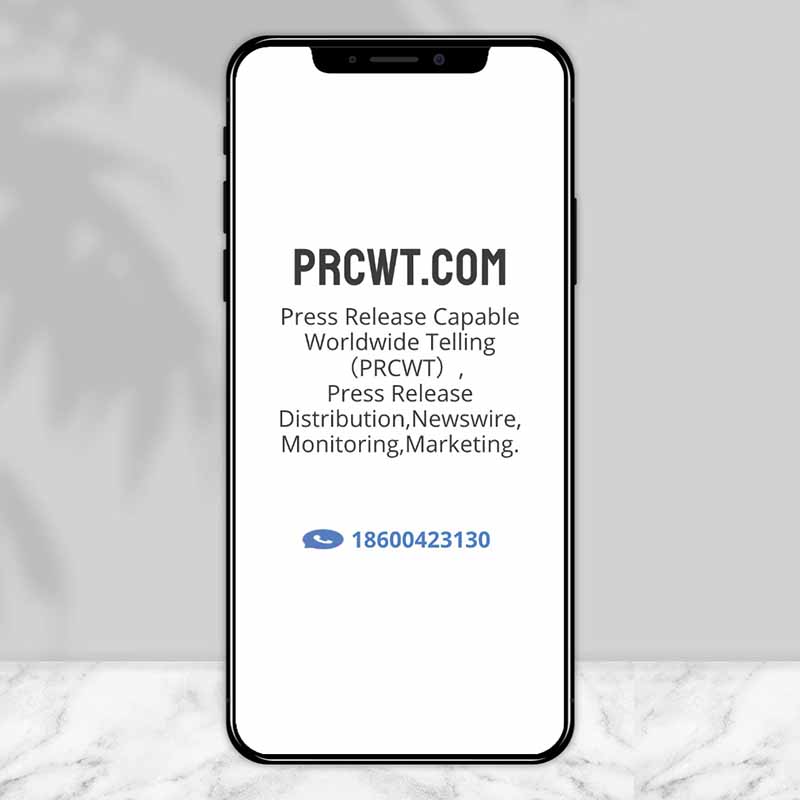In today's rapidly evolving digital landscape, the role of public relations (PR) has undergone a significant transformation. With the rise of social media, online news platforms, and digital communication channels, PR professionals are facing new challenges and opportunities. This article explores the future of PR in the digital age and how it is adapting to these changes.
The digital age has brought about a paradigm shift in the way information is disseminated and consumed. Consumers are now more empowered than ever before, with the ability to access and share information at their fingertips. This has led to a rise in consumer-generated content and social media activism, which has had a profound impact on brand reputation and marketing strategies.

PR professionals are now required to have a deep understanding of digital media and social platforms in order to effectively manage their clients' brand images and communicate with their target audiences. They need to be able to create engaging and shareable content that resonates with consumers and builds trust and credibility.

One of the key trends in the future of PR is the increasing importance of data analytics. PR professionals are now able to track and measure the impact of their campaigns in real-time, allowing them to make data-driven decisions and optimize their strategies for maximum效果. By analyzing data on social media metrics, website traffic, and customer feedback, PR teams can gain valuable insights into consumer behavior and preferences, and use this information to develop more targeted and effective campaigns.
Another important trend in the future of PR is the growing role of video content. With the popularity of platforms like YouTube and TikTok, video has become an essential part of any digital marketing strategy. PR professionals are now tasked with creating engaging and shareable video content that tells their clients' brand stories and connects with their target audiences. This includes everything from short-form social media videos to long-form brand documentaries.
In addition to these trends, the future of PR also involves a greater focus on crisis management and reputation修复. In an age of instant news and social media amplification, even the smallest PR crisis can have a significant impact on a brand's reputation. PR professionals need to be able to respond quickly and effectively to crises, manage the flow of information, and protect their clients' brand images.

To illustrate these trends, let's take a look at some recent case studies. In 2020, during the height of the COVID-19 pandemic, many brands faced significant challenges in maintaining their brand images and communicating with their customers. However, some brands were able to use digital PR strategies to connect with their audiences and build trust during this difficult time. For example, Unilever launched a campaign called "Stay Home, Stay Safe" which encouraged people to stay at home and take care of themselves. The campaign included a series of videos, social media posts, and online ads that were designed to provide practical tips and support to consumers. The campaign received over 100 million views on YouTube and helped to position Unilever as a brand that was committed to helping people during the pandemic.
Another example is the recent controversy surrounding the fashion brand Gucci. In 2021, Gucci was accused of cultural appropriation after it was revealed that it had used a design that was inspired by traditional African patterns without properly crediting the source. This led to a significant backlash on social media, with many consumers boycotting the brand. In response, Gucci issued an apology and committed to making changes to its design process. The brand also launched a campaign called "Gucci For Good" which aimed to promote diversity and inclusion in the fashion industry. The campaign included a series of events, partnerships, and initiatives that were designed to raise awareness of these issues and drive positive change.
In conclusion, the future of PR in the digital age is充满挑战 and机遇. PR professionals need to be able to adapt to the changing digital landscape, leverage the power of data analytics and video content, and focus on crisis management and reputation修复. By doing so, they can build strong brand images, connect with their target audiences, and drive business growth.